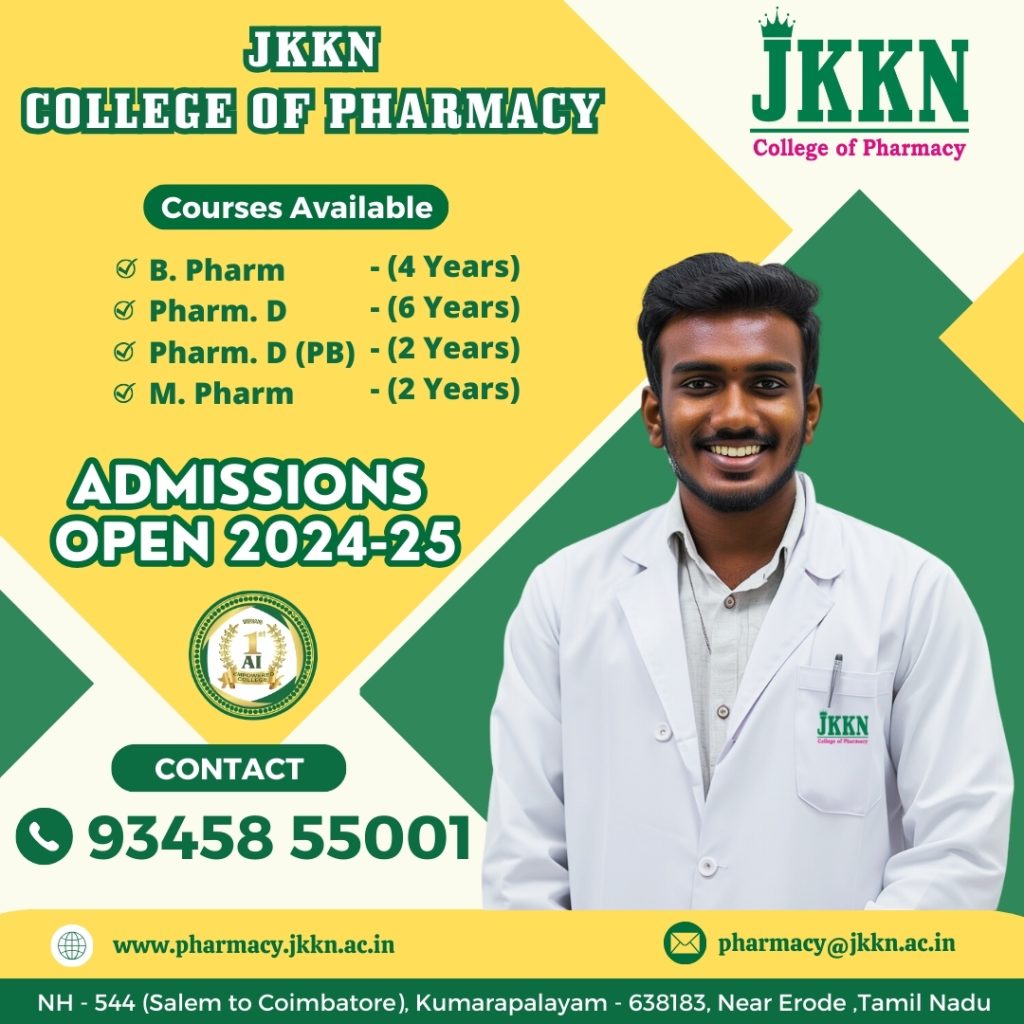IV PHARM. D/HOSPITAL PHARMACY THEORY
After a successful completion of the course the students will be able to
| Course outcome number | Course Outcomes | Cognitive level |
| CO1 | Recall the key principles and regulations governing the practice of pharmacy in a hospital setting in India.. | C1 |
| CO2 | Describe the role of a hospital pharmacist in patient care, including medication dispensing, drug information services, and quality assurance. | C2 |
| CO3 | Apply pharmacokinetic and pharmacodynamic principles to optimize drug therapy in patients with various medical conditions. | C3 |
| CO4 | Analyze medication-related problems in a hospital setting, such as drug interactions, adverse drug reactions, and medication errors, and propose suitable interventions.. | C4 |
| CO5 | Evaluate the performance and quality of pharmaceutical services in a hospital pharmacy, including assessing the medication-use process and implementing improvements. | C5 |
| CO6 | Develop evidence-based pharmaceutical care plans for complex patient cases, considering therapeutic alternatives and patient-specific factors. | C6 |
Remembering (C1), Understanding (C2), Applying (C3), Analyzing (C4), Evaluating (C5) and Creating (C6)
IV PHARM.D/ PHARMACOTHERAPEUTICS-III PRACTICAL
After a successful completion of the practicals the students will be able to
| Course outcome number | Course Outcomes | Psychomotor Activity |
| CO1 | Follow Demonstrate the ability to follow standard operating procedures (SOPs) and protocols for medication dispensing and compounding in a hospital pharmacy setting. | P1 |
| CO2 | Carry out Execute pharmaceutical calculations and dosage adjustments accurately while preparing and compounding various dosage forms, ensuring the safe and effective delivery of medications to patients. | P2 |
| CO3 | Complete Employ precise measurement techniques and quality control procedures to ensure the accurate preparation and dispensing of medications, minimizing errors in dosage and administration.. | P3 |
| CO4 | Apply pharmaceutical knowledge to evaluate medication orders, assess drug interactions, and make appropriate recommendations for medication therapy management in diverse clinical scenarios. | P4 |
| CO5 | Determine the most suitable pharmaceutical formulations, drug delivery methods, and dosage regimens based on patient-specific factors, including age, weight, comorbidities, and renal/hepatic function, to optimize therapeutic outcomes | P5 |
Imitation (P1), Manipulation (P2), Precision (P3), Articulation (P4) and Naturalization (P5).


